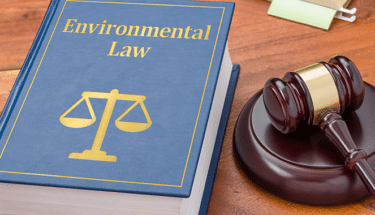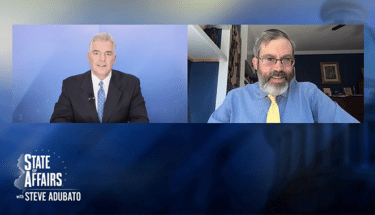On behalf of the New Jersey Business & Industry Association, the nation’s largest statewide business association with over one million jobs represented, I am pleased to offer this testimony on the draft Energy Master Plan (EMP). We will be submitting more detailed comments by the submission deadline.
Energy drives our economy. It creates jobs and generates the tax revenue that helps pay for the government services on which we rely. Energy is the foundation of the modern economy and it has done more to move people out of poverty, increase the standard of living, rid the world of disease and raise life expectancy than any other human endeavor. What has made all of these successes possible is the fact that energy, has been affordable, abundant, and reliable.
To date, our energy has been mostly provided by carbon-based resources. Concerns over climate change mean that we must use less energy from carbon sources, but we cannot ignore the impact this could have on our ability to ensure that all our energy sources remain affordable, abundant, and reliable.
NJBIA is supportive of the goals of the EMP to meet the 80% carbon reduction mandates of the Global Warming Response Act. We are supportive of Governor Murphy’s goal of 100% clean energy by 2050 defined as 100% carbon neutral or net zero carbon emissions. That definition must remain in the final EMP. We believe there are two paths that can be taken in the final EMP. One is prohibitively costly, will put our energy supplies at risk, and is not reasonably achievable. The other is based on considerations of cost, availability of resources, and realism. We want to ensure that the final EMP adopts the right path.
Despite much of the rhetoric you have been hearing in these stakeholder meetings, moving to a 100% renewable future relying on intermittent sources of wind and solar is both unprecedented and not feasible. While NJBIA supports the Governor’s goals of creating 3500 MW through offshore wind energy and increases in solar development, we also recognize the need for firm sources of energy such as nuclear and natural gas.
No large, complex energy system in the world has more than 30% of its electricity supplied from wind and solar – and there’s a reason for that. The problems with these intermittent sources is becoming obvious around the world as countries such as Germany and states such as California increase their reliance on intermittent sources of energy.
Recently, the consulting firm McKinsey & Company, studied the German efforts to rely more on solar and wind energy and found that these efforts posed a significant threat to the nation’s economy and energy supplies. For three days this past June, the German electricity grid came close to blackouts and significant blackouts are expected to occur in the next few years.
Worse, despite electricity prices of over 45% above the European average, Germany has not come close to realizing its carbon reduction goals, has been importing more of its energy, and has begun increased coal production. The German path of unintended consequences should not be our path.
Before it becomes final, NJBIA believes the draft EMP should address five areas:
- Cost, and especially ratepayer impacts across all sectors, need to be addressed. “Least cost” options do not mean they are affordable options.
- Reliability of the energy grid and supply needs to be addressed, as should the feasibility of any proposals. While it is fine to be aspirational, we should differentiate between what we would like to do and what is feasible to be done.
- We need to allow for low-carbon options, including offsets and mitigation. Allowing for the continued use of clean natural gas as both a firm source of electric generation and as an optional heating and cooking source for our buildings will help ensure the goals of the EMP can be achieved successfully and will be supported by the public.
- The EMP should provide for flexibility and the ability to change course. The EMP is required to be updated every three years. We should use that opportunity to look at the state of technology and energy policies and make adjustments. We should not lock ourselves into policies that are both economically destructive and unfeasible.
- The EMP must address nuclear power. While the draft EMP assumes our three current nuclear power plants will be in operation in 2050, the fact of the matter is that all three plants will have their licenses expire well before that date and they will all be over 70 years old at that point. Will new plants be built? Are the current plants economically viable? It is irresponsible to adopt an EMP that does not discuss these issues.
In conclusion, NJBIA is supportive of the goals to reduce our carbon emissions from the energy sector and have a clean energy economy. We support the development of our offshore wind industry and the continued development of solar power. However, we also understand that for our economy to function, we must ensure that energy is both affordable and reliable and that the policies we adopt are feasible.







